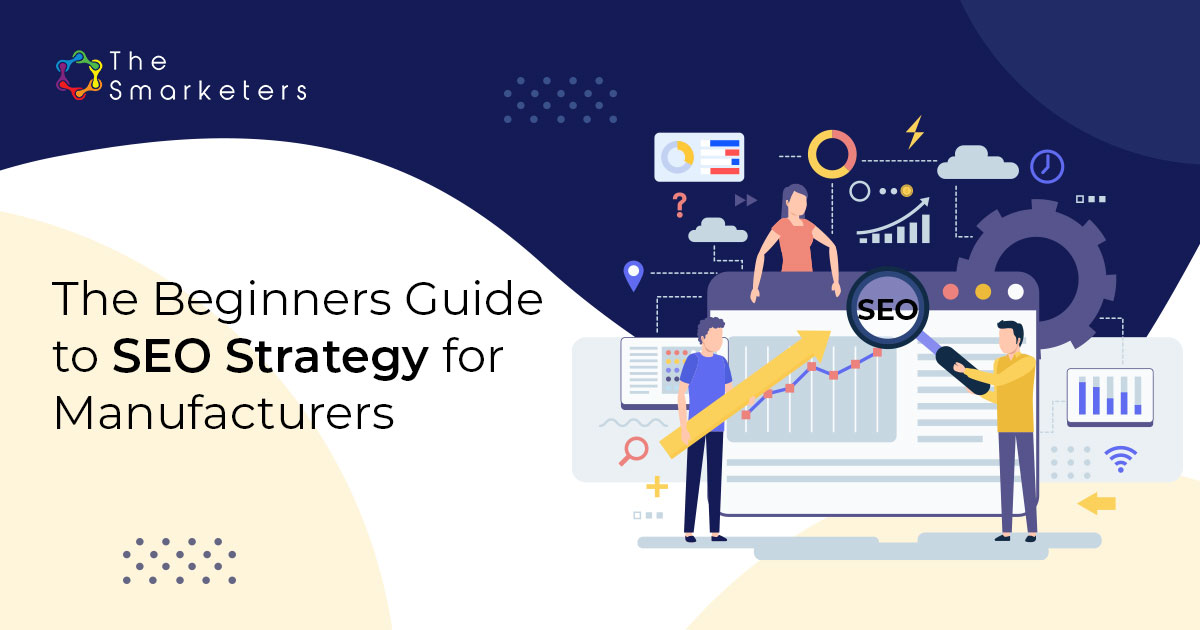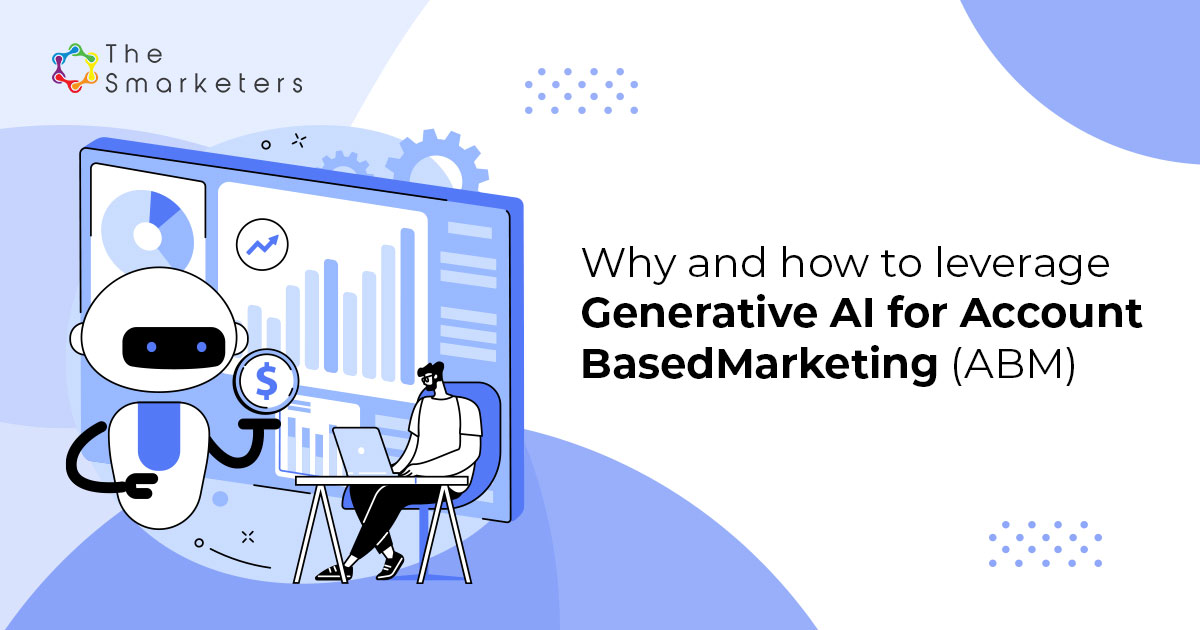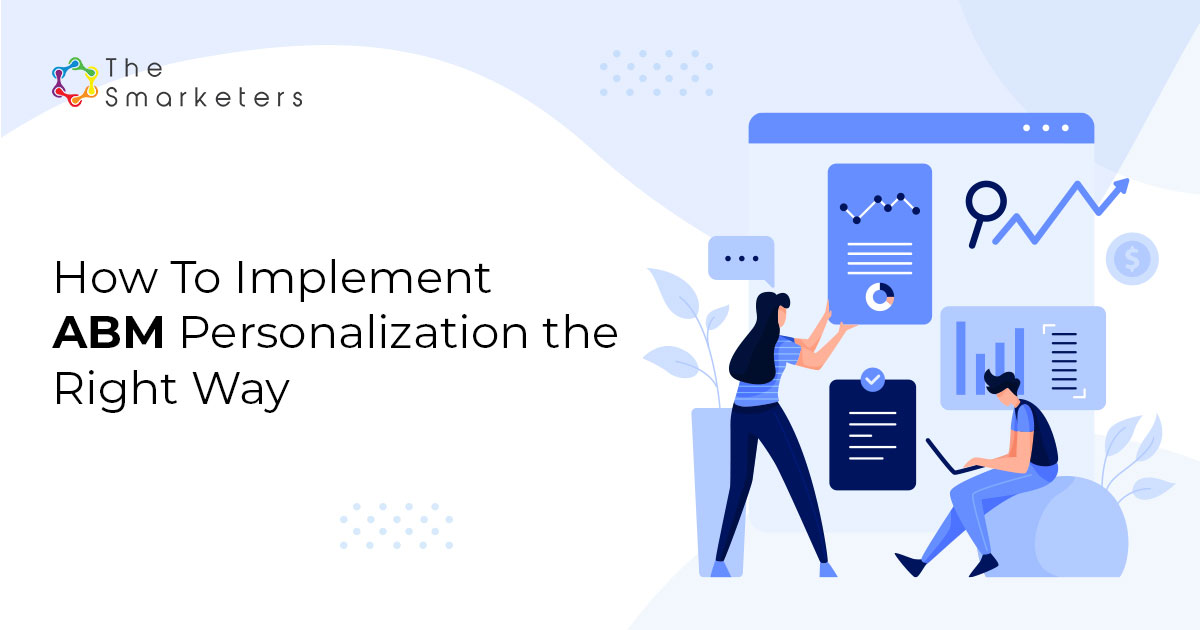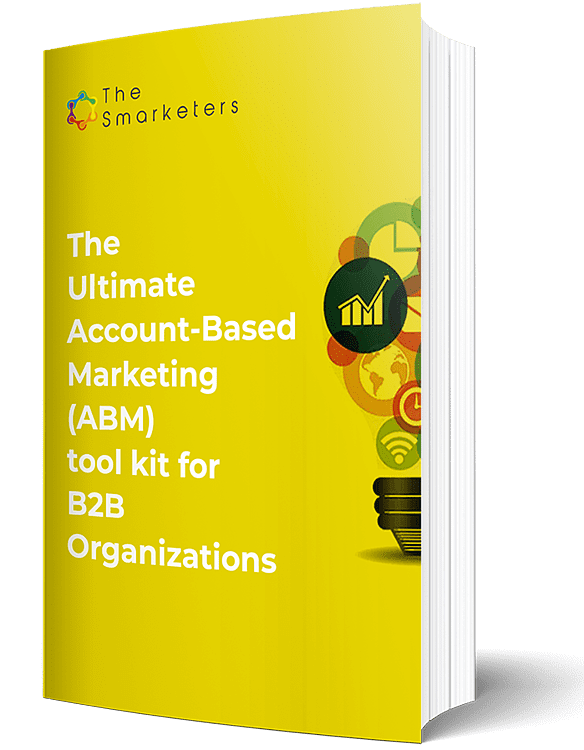Data is an invaluable resource for businesses in this digital age. But what if data falls into the wrong hands? Information stored on servers is often peddled through data theft.
Data breaches mean losing sensitive data related to an organization and its consumers. Millions of records are lost each year. An organization’s job is to protect its customers’ interests while forging and maintaining a bond of trust.
Website security to improve SEO is one of the top priorities for today’s B2B marketers. It is a vital element in a company’s SEO marketing strategy. Google rolled out its HTTPS certification policy as a measure to prevent cyber attacks. Any website without the HTTPS tag will be flagged as ‘not secure’ by Google.
The blacklisting of websites is stringent in the case of website security SEO. To avoid being blacklisted by search engines, there are certain factors that website creators must keep in mind for a healthy SEO ranking.
The Need for Website Security
Website security is often neglected. While the focus tends to shift to content and marketing, security is a blind spot. This is what cybercriminals look for to implement a successful data heist.
Unlike the assumption that victims of such crimes are only bigshots in the market, smaller organizations are also potential targets. They are more vulnerable due to ignorance about cyber security – they often don’t know how SEO and security are connected. Most marketers often fail to realize that they need not be techies to understand the secret to better SEO ranking.
Why is SEO directly connected to security?
The fragility of a website is usually kept under wraps, which only leads to complications. Hacking and data theft are more common than anticipated.
The average data theft cost in the US amounts to 4.35 million.
Unsecure websites make unreliable resources for B2B and B2C clients. Data compromise is one of the most prevalent crimes clients are subjected to when hackers access sensitive data like clients’ personal and financial details. Thus, security becomes the primary assurance for clients to continue business with an organization.
To prevent users from being subjected to the ordeal, search engines optimize their search results to prioritize the most secure websites. Naturally, compromising website security results in revenue loss and drastically lowers SEO rankings.
You must be well-versed in cyber incident response to recover data and tackle cyber attacks effectively.
Multiple factors can compromise website security SEO, including the new-age phenomenon of bots. Thanks to advanced technologies like AL and ML, bots are highly intelligent, functioning almost like human agents. It should be no surprise that many large-scale websites interact with their customers through bots and automated systems. However, this poses the risk of unknowingly hosting links to other parasitic sites, reducing SEO ranking due to poor reviews.
How is Website Security SEO Compromised?
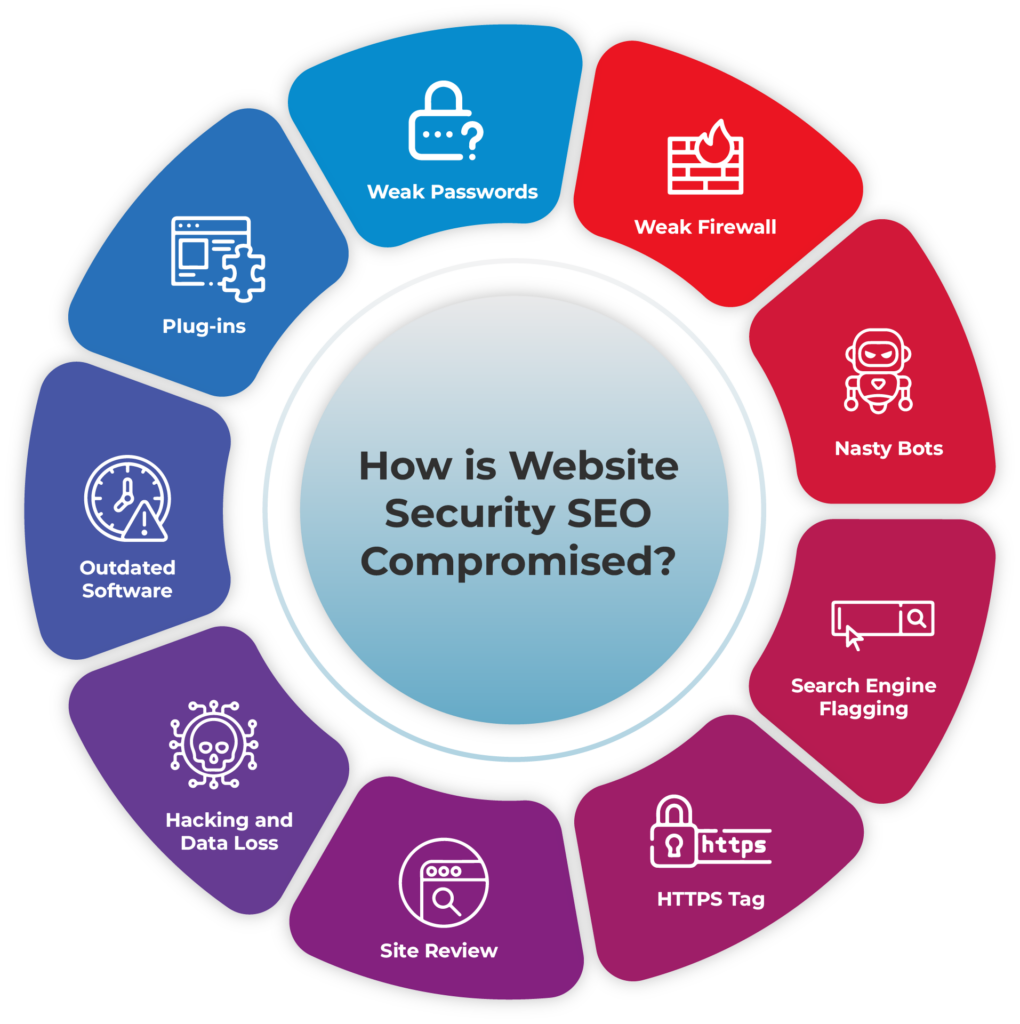
- Weak firewall
A weak firewall is like an invitation for data theft. A weak firewall or its absence means that the website will be under threat sooner or later. The firewall is the primary defense strategy, and disabling it risks the website. Not only does it put one device at risk, but it spreads malware to other connected devices.
- Nasty bots
It is common to find bot activity on a website as search engines employ them to index data and other activities. However, some of these bots may evolve to become malicious and steal data from your website and disrupt traffic. Too many bots on your website will negatively impact its SEO ranking.
- Search engine flagging
Search engines like Google flag sites that are not secure. Hackers often introduce phishing sites and malware into the website, directing users to a harmful page. They use HTML and JavaScript to carry out such activities. This kind of spamming results in irreparable damage. Even if you recover the website, it jeopardizes your customers’ trust.
These parasitic contents may stay on even after a total file cleanup and may have secret access to the website’s servers. In the long run, this parasitic content may take over the host website to deliver its content, defeating your site’s SEO strategies and purpose.
Customers and search engines see this as click-baiting and risky, negatively affecting both SEO rating and brand image.
- HTTPS tag
Google identifies the HTTPS tag on a website URL as secure. As the world’s most popular search engine, significant traffic goes through its filter. When a website lacks the HTTPS tag, Google marks it ‘not secure’, discouraging users from proceeding. This warning has a repulsive effect, reduces traffic, and adds to a bad customer experience.
If a user goes back to the SERP immediately after seeing the warning message by the search engine, it implies that the site wasn’t aligned with user expectations. This lowers the SEO ranking.
- Site review
Site reviews form an integral part of website traffic. When customers testify that their experience with the website is excellent, it adds value to the website and increases traffic. Similarly, a bad review can discourage customers from accessing the website and diminishes the overall brand image.
The lack of traffic reduces a site’s search engine ranking, and eventually, the site gets buried under popular content. Customer reviews can make or break a website. If one customer claims they experienced malware through a website, it makes others apprehensive about visiting it.
- Hacking and data loss
Website servers store sensitive data like passwords, personal details, financial details, and activities. Hackers target vulnerable and unsecured websites and steal sensitive information from such sources.
When customers are aware of this breach of privacy, it creates a state of panic and a significant loss of trust. If the customer refuses to visit the website, it causes a massive breakdown of the organization’s presence on search engines.
Hackers often delete vast chunks of data from the website, leading to the ‘Error 404:content not found’ message. By the time the website recovers from the attack, its SERP ratings may drop drastically.
- Outdated software
Software updates provide updated services, including security. Software updates patch weak spots in the system and fortify the website against cyber attacks.
Hackers look for a weak spot in the website’s security to launch an attack. They constantly update themselves and find new ways to do so, and it is the job of the software update to stop that from happening. This perpetual conflict with the hackers is futile if the website isn’t updated. Even though the new software can provide better security, the implementation would be challenging.
- Plug-ins
While plug-ins provide a better experience by allowing customization of a computer program or a website, they may come with vulnerabilities giving easy access to cyber attackers.
Unless these plug-ins are consistently updated, their use must be discontinued, as a weak plug-in could lead to a vulnerable site. Exercising caution before installing plug-ins helps keep your website safe. Avoid using too many plug-ins to reduce the risk of installing malware and maintaining web hygiene.
- Weak passwords
Passwords are the stepping stone to web security, and a strong password means a strong line of defense. A strong password typically contains numbers, upper and lower case letters, and special characters. Cybercriminals can easily hack systems with weak passwords. Setting a strong and unpredictable password helps avoid such mishaps.
How to Fix an Unsecured Website?
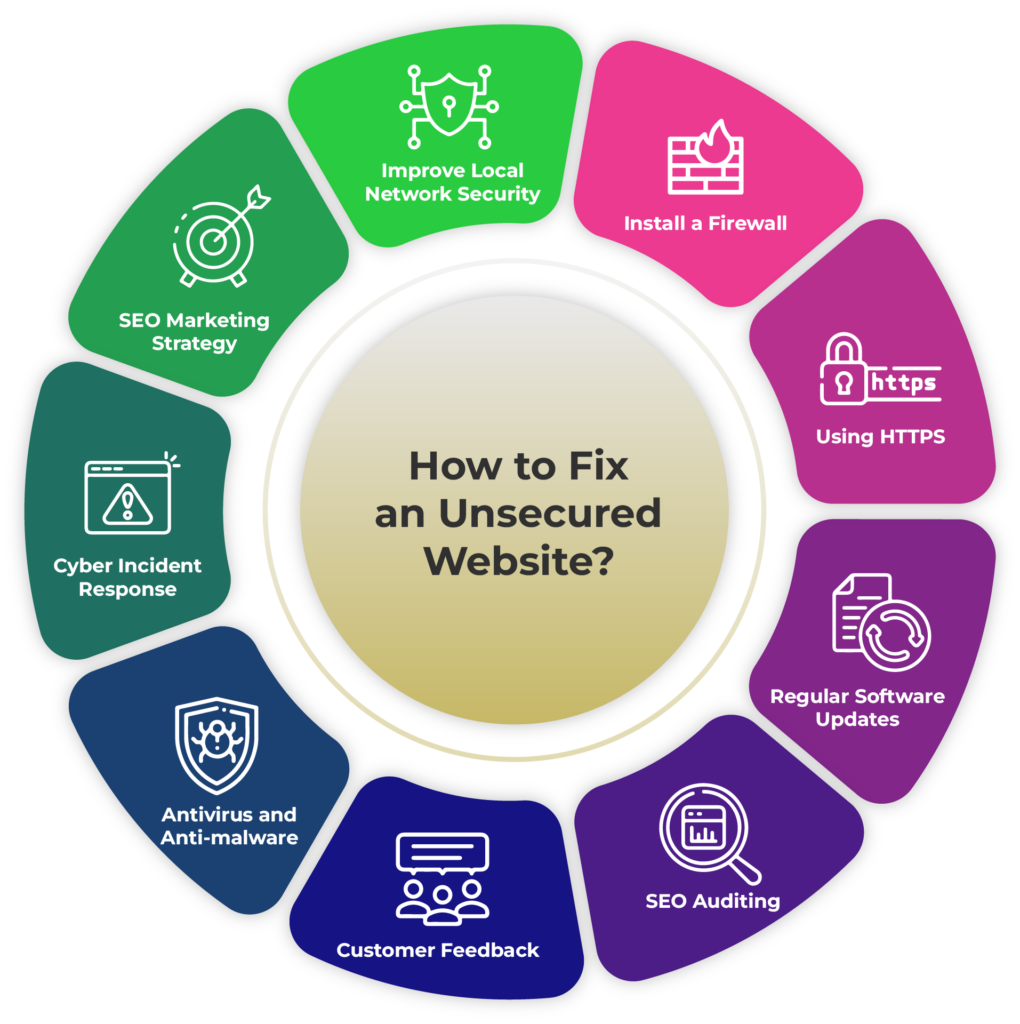
- Install a firewall
A firewall acts as a primary line of defense against cyber attacks. While it cannot fight off cyber intrusions, it prevents unauthorized access, controls traffic, and limits the spread of malware.
- Using HTTPS
In 2014, Google insisted upon websites adopting the HTTPS tag. The ‘s’ at the end of HTTP marks a website as secure and assures the customers that they will not contract malicious web entities and will not be redirected to phishing sites. Using HTTPS gives a website edge over its competitors in terms of SEO ranking and SERP if they do not use it. This is a subtle SEO marketing strategy.
- Regular software updates
It is important to update software regularly to ensure better security and a seamless user experience. These updates come with patchwork for areas of the website vulnerable to cyber-attacks. It keeps your website and devices safe, identifies threats, and prevents the spread of malware.
- SEO auditing
Analyzing the website’s overall performance and looking for loopholes is the purpose of SEO auditing. It provides insight into the website and its components. You can use those insights for SEO. An SEO audit brings to light the website’s activity or lack thereof. Data inferred from the audit acts as a resource for SEO marketing strategy for better visibility in SERP and traffic volumes.
- Customer feedback
A website’s success is largely determined by customer feedback. In the case of a B2B SEO service, feedback from the business and the customer is essential. You can assess a website’s reach through client feedback and make modifications accordingly.
- Antivirus and anti-malware
Antivirus and anti-malware software identify malicious codes and content that may have crept into the website, compromising its quality and security. The software performs regular scans to assess the website and suggest necessary changes.
- Cyber incident response
Preventive measures for a cyber attack are not enough. For businesses to deal with a cyber attack, there must be a cyber incident response plan that the users and website developers should know.
A holistic cyber incident response plan ensures minimum data loss and damage to the site and aids in a comfortable recovery. This is an integral part of keeping up the SEO ranking, as this shows that the organization is doing its best to ensure a healthy cyber environment for its users. Implementing a cyber incident response is inevitable if a business relies heavily on SEO marketing.
- SEO marketing strategy
All of the above methods constitute an SEO marketing strategy. Additionally, SEO content writing contributes to the SERP and SEO ranking. With the correct keywords, you can direct more leads to your website.
Secure links, clean pages, and safe sites can increase connectivity with similar websites. Eventually, this networking can result in more visibility and higher traffic volumes.
- Improve local network security
Local network security is a frequently neglected aspect of website security. Online data security measures fail if the local networks are not secure. So it is crucial to strengthen local connections for a holistically secure website.
It is advisable to use VPN to encrypt the website’s connection.
Public networks should be avoided as they are more susceptible to cyber-attacks. Autofill forms store sensitive information in the servers, making them vulnerable to attacks; disabling that function would create a safe experience.
Although it is time-consuming, keeping sensitive information safe is worth the effort. Expired sessions should not linger around in the device or web server. Exercising time constraints narrows the window for cyberattacks temporally.
Is Website Security Worth It?
Absolutely! For the sake of your customers and the organization, website security to improve SEO is a must. It promotes healthy web traffic and strict data monitoring. Regular security checks minimize malware planting and phishing attempts, bringing weak spots into plain sight. Investing in website security delivers numerous benefits in the long run.
If a business heavily depends on its website’s SEO performance, then website security to improve SEO ranking should be its top priority. With digitalization making a mark on every aspect of our personal and professional life, cyber security is not a luxury but a necessity.
Data is a powerful and versatile tool, and it can result in severe consequences in the wrong hands.
Website security keeps your data and online presence safe and wards off cyber criminals. The revenue and reputation of a business depend on its customers. Hence, keeping business data safe is a top priority.
Talk to our SEO experts to design a robust and secure SEO marketing strategy for your website!



